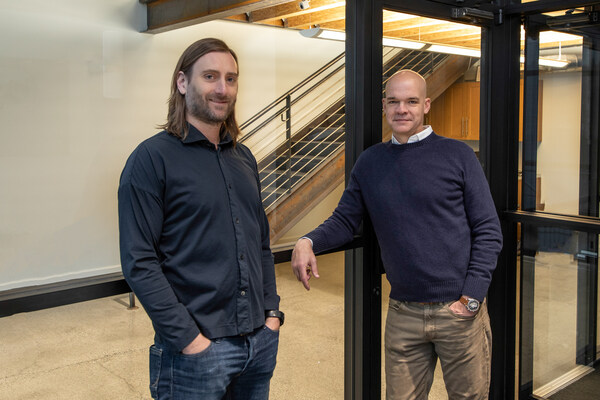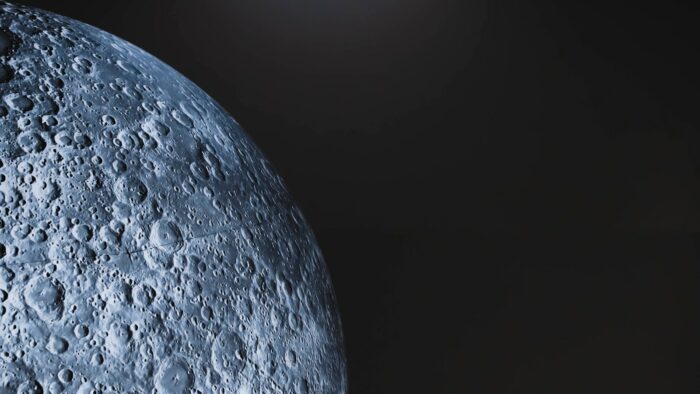Insider Brief
- Beijing-based Nayuta Space Technology, a private aerospace startup founded in 2023, has raised seed funding to develop reusable rockets like the “Cosmic Hunter,” aiming to reduce China’s spaceflight costs and compete with U.S. firms such as SpaceX.
- The company’s proprietary recovery technology claims a 20% payload loss reduction compared to SpaceX’s Falcon 9, with major recovery tests for its liquid rocket planned in 2024 and a first orbital launch targeted by 2026.
- Nayuta faces challenges from state-owned aerospace giants and regulatory risks, but its focus on affordable reusability aligns with growing domestic demand for satellite launches driven by China’s $1.5 trillion private space sector.
- Image: Artist rendition of Nayuta spacecraft. (Nayuta Space Technology)
Beijing-based Nayuta Space Technology Co., a Chinese aerospace startup founded in 2023, has recently raised “tens of millions of yuan” in a seed funding round from individual investors, the company told Chinese media outlet 36Kr,. The funds will accelerate development of its reusable liquid rockets, including the “Cosmic Hunter” launch vehicle, as China races to close a decades-long gap with U.S. rivals like SpaceX in lowering spaceflight costs.
Nayuta Space, formally known as Beijing Qianyi Zhiyi Aerospace Technology Co., is part of a growing wave of Chinese private firms aiming to disrupt a state-dominated industry, according to 35Kr. Its focus on rocket reusability — a technology pioneered by SpaceX — comes as China’s satellite internet and remote sensing sectors demand cheaper, faster access to orbit. The company claims its proprietary recovery system could reduce payload losses by 20% compared to SpaceX’s Falcon 9, though it has yet to publicly demonstrate the technology.
Funding and Strategic Goals
The seed round, backed by undisclosed individual investors, will fund production of the first stage of Nayuta’s “Cosmic Hunter” liquid rocket and critical recovery tests planned for 2024. Founder and CEO Li Rui told 36Kr the capital will support three key experiments this year: a static engine ignition test, a vertical “hop” test of the first stage, and a “flip-and-hop” maneuver to validate unconventional landing methods.

“Our recovery technology differs from SpaceX’s Falcon 9,” Li said, emphasizing that Nayuta’s approach avoids using landing legs. The company aims to complete its first sounding rocket launch in 2025 and debut an orbital-class vehicle by 2026.
Technical Ambitions and Market Context
Nayuta’s strategy is centered on two pillars: a reusable sounding rocket (“Cosmic Hunter EX”) for suborbital research and a larger orbital launch vehicle (“Cosmic Hunter 1”). The former uses nine 70-ton-thrust engines clustered in its first stage—a design choice enabling full reusability, which the company claims outperforms traditional solid-fuel rockets in payload flexibility, cost, and mission turnaround.
Central to its technology is the — roughly translated — “falling leaf” aerodynamic deceleration method, which relies on atmospheric drag and precision flight controls—rather than engine burns—to guide rockets back to Earth. Li told 36Kr this approach reduces propellant consumption and extends hardware lifespan. The system also employs “bank-to-turn” (BTT) attitude control, allowing broader landing zone flexibility.
Such innovations are critical in a market where China’s average launch costs remain far higher than those of SpaceX. Li cited domestic demand for “tens of thousand of satellites for internet constellations and regional remote sensing programs, contrasting with China’s current launch rate of roughly 200 satellites annually. Growth will explode continuously over the next 10 years, he told 35Kr.
Investor Confidence and Long-Term Vision
Investor Bian Li, one of the seed backers, framed Nayuta’s ambitions in sweeping terms.
“Founder Li Rui is young and energetic, full of entrepreneurial passion, courage and determination, daring to break conventions and unafraid of authority,” Bian told 36Kr.
He said the company’s role was similar to merchant ships during the “Age of Sail”, which could enable a new era of space commerce. In Chinese history, the “Age of Sail” typically refers to an era in Chinese history — usually the Ming Dynasty’s early 15th-century — when Admiral Zheng He led maritime expeditions.
Bian also revealed a long-term vision: Nayuta plans to develop a 10,000-ton “Interstellar Ark“ by 2050 — a space station capable of sustaining 5,000 people for a century while shuttling cargo between Earth, the Moon and Mars. While such claims have yet to be tested, they underscore the heightened rhetoric surrounding China’s $1.5 trillion private space sector, which includes competitors like Galactic Energy and Space Pioneer in recent years.
Challenges Ahead
Nayuta faces steep hurdles. Its 13-person team, while experienced, must compete with deep-pocketed state-owned giants like China Aerospace Science and Technology Corporation (CASC) and private rivals advancing similar technologies. CTO Li Wei, a former deputy chief designer at Galactic Energy, brings institutional expertise, having overseen over 30 rocket launches. Yet the company’s 2025 target for its first sounding rocket test leaves little margin for error.
Regulatory and geopolitical risks also loom. China’s space industry remains tightly coordinated with national security objectives, and export controls on advanced technologies could complicate supply chains.
Broader Industry Momentum
Nayuta’s funding coincides with Beijing’s push to commercialize space infrastructure. In 2024, China approved its first national satellite internet project, “Guowang,” aiming to deploy 13,000 low-Earth orbit satellites—a direct response to SpaceX’s Starlink. Private firms are expected to shoulder much of the launch burden, creating opportunities for agile startups.
“The bottleneck isn’t satellites; it’s affordable, reliable rockets,” said a Shanghai-based aerospace analyst, who declined to be named due to the topic’s sensitivity. “If Nayuta can deliver even partial reusability, it could reshape China’s launch economy.”
Editor’s Note: This story relies on artificial intelligence to translate the original Chinese version. While effort was made to preserve the original, some of the terminology may not be exactly in line with the source’s terminology.
Share this article:










